The Holy Quran is the greatest book in the universe, revealed by Allah (SWT) to His Prophet Muhammad (pbuh) in eloquent Arabic language in the Night of Revelation of the Holy Ramadan by the angel Gabriel (pbuh). It is a divine and miraculous book, a masterful and heavenly statute which guides mankind, Allah (SWT) said: “A Book which We have revealed unto you in order that you might lead mankind out of darkness into light”. According to Lexicologists the word (Quran) is derived from the verb (Quara’a, yaqr’aa) which means (read), while scholars define Quran as the words of Allah revealed to his Prophet Muhammad, a miraculous word, a recitation during worship, it was transmitted by succession, and written in manuscripts from the first to the last Surah. The Holy Quran consists of 114 Surahs, Makki or Madani according to the place and time of revelation. It is the last, most comprehensive and most complete of the Divine Books.
Amongst aspects of singularity of the Quran, is that it is valid for every place and time, and that it is well-guarded from alteration according to what Allah (SWT) said: " We have, without doubt sent down the Message; and We will assuredly guard it". During the Prophet’s life, the Quran was guarded and memorized by the Companions and Righteous Caliphs to prevent the Prophet from writing it down in fear of confusing or associating it with other books. Once he felt that the Quran was secured, the Prophet (pbuh) ordered his companions to write it down. After the death of the Prophet, the companions feared the loss and dispersion of the Quran, so Abu Bakr ordered to collect it in one book and Zaid Ibn Thabit (mabpwh) was assigned to accomplish this task. During the reign of Caliph Uthman Bin Affan, different and conflicting readings of the Quran opened the door of discord among Muslims, therefore he consulted with the Companions and agreed to reproduce standardized copies of the Quran as transmitted from the Prophet and to burn all doubtful and false copies.
These copies were referred to as Al-Mushaf Al-‘Uthmaaniyy (Ottoman), characterized by the diversity of the way it was drawn up. Initially the Companions wrote the Quran without punctuation or vowelization and the understanding was based on the Arabic innateness. After the Prophet’s death, non-Arab Muslims found it difficult to read and understand the verses, so the Caliphs and Companions agreed to write the Quran with punctuation and vowelization to facilitate its reading. Abu Al-Aswad Al-Dawali, who died in 69 A.H, was the first to vowelize the Holy Quran by command of Ali Ibn Abi Talib. He used supplementary diacritics (Tashkil /forming) including several vowel marks (Harakat) in order to facilitate the correct pronunciation. Several years after his death, he was followed by prominent linguists such as Al-Khalil Ibn Ahmad Al-Farahidi, who added new vowel marks. At the end of the 3rd Hijri century, the Quran turned into the form we know today.
Besides historical and formal aspects, the Quran is of great importance to the spiritual aspect, it comprises sound faith, noble worship, sublime morals, and fair legislations that establish a virtuous society. The Holy Quran is the divine clear-way, which shows the people the path of truth, as Allah (SWT) says:” Here is a plain statement to men, a guidance and instruction to those who fear Allah”. Prophet Muhammad (pbuh) summarized the importance of the Quran in a Hadith narrated by Al-Darami from Ali: “I heard the Messenger of Allah saying: "Indeed there comes a Fitnah" So I said: "What is the way out from it O Messenger of Allah?" He said: "Allah's book. In it is news for what happened before you, and information about what comes after you, and judgment for what happens between you. It is the Criterion without jest. Whoever among the oppressive abandons it, Allah crushes him, and whoever seeks guidance from other than it, then Allah leaves him to stray”. The Quran is the firm rope of Allah, the straight path, and the book with endless wonders. When heard by Jinn, they say: “Indeed we have heard an amazing Recital “. Who follows the Quran’s teachings will be honest, just and in the straight path.
In addition to its spiritual importance, the Holy Quran is of great linguistic importance, combining perfection, beauty, and eloquence; Allah (SWT) said:” We have sent it down as an Arabic Quran in order that ye may learn wisdom". The Holy Quran is one of the finest and most valuable books written with eloquence and mastery. It has played a decisive role in unifying, developing and preserving the Arabic language, which was dispersed before Islam despite its richness, and thanks to the Quran, it has blossomed in all its aspects to became the rich language we know today. According to Arab great Scholars like Sibawaih, Abu Al-Aswad Douali, and Al-Farahidi, the Quran was a great linguistic reference which helped them to improve and modernize the Arabic language.
Muslims have been studying and learning the Holy Quran since its revelation, which helped them establish the studies and sciences of religion such as the interpretation, the understanding and the recital of the Quran. The companions of the Messenger of Allah (pbuh) were precursors in establishing a certain number of Quranic sciences, among them Abrogater and Abrogated (An-Nasikh wa’l Mansukh) devoted to the chronology of the Quran, also the circumstances of revelation, and the knowledge of Fawasil (division between verses) and Wakf (pause). Throughout the Islamic history several eminent Scholars enriched the Islamic libraries with their writings and people benefit from their contributions and jurisprudence.
Written by: Amine Hilal

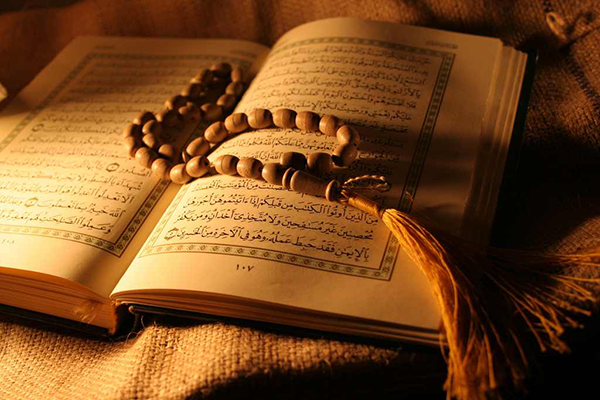
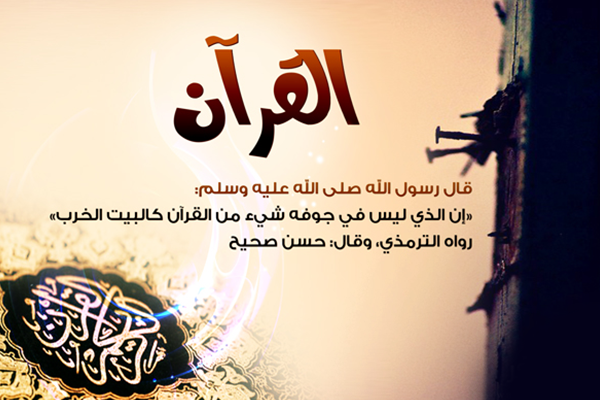
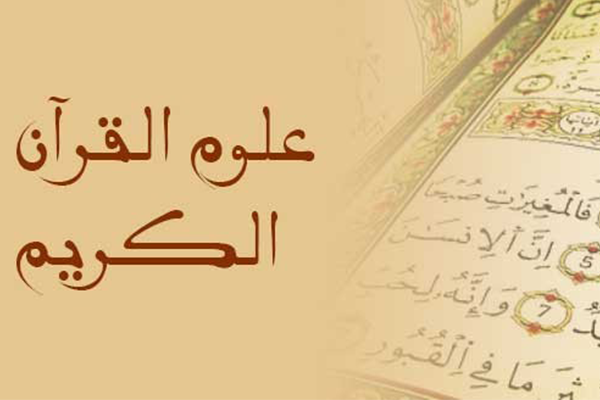
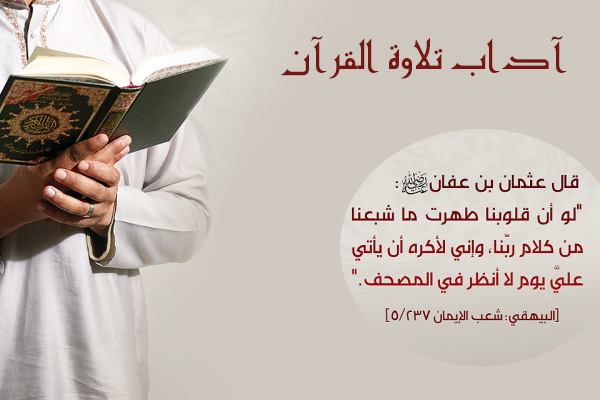
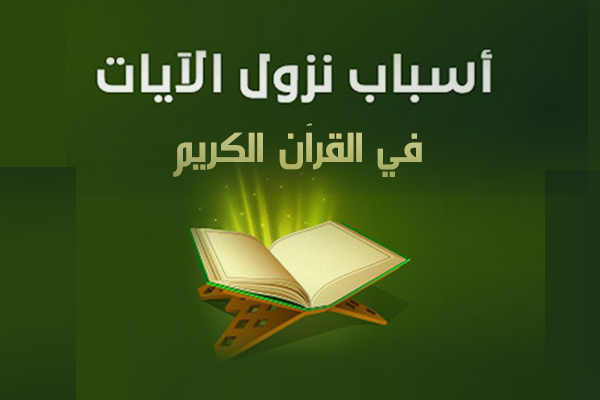
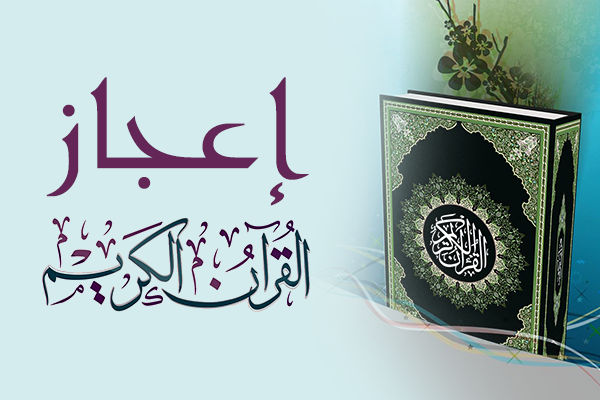
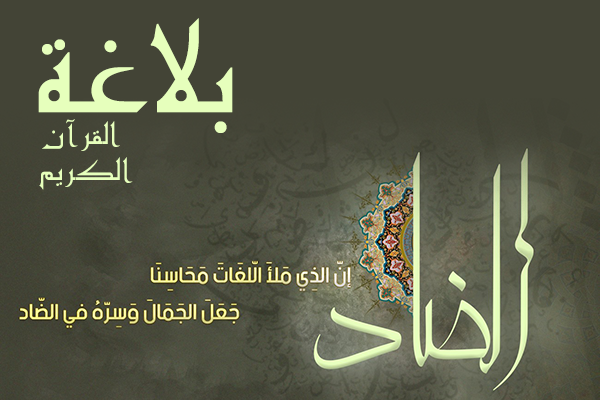
Comments